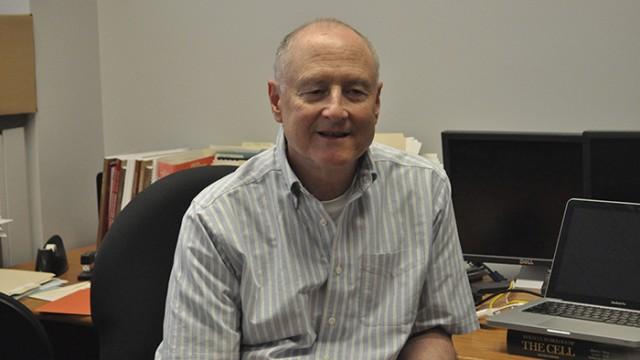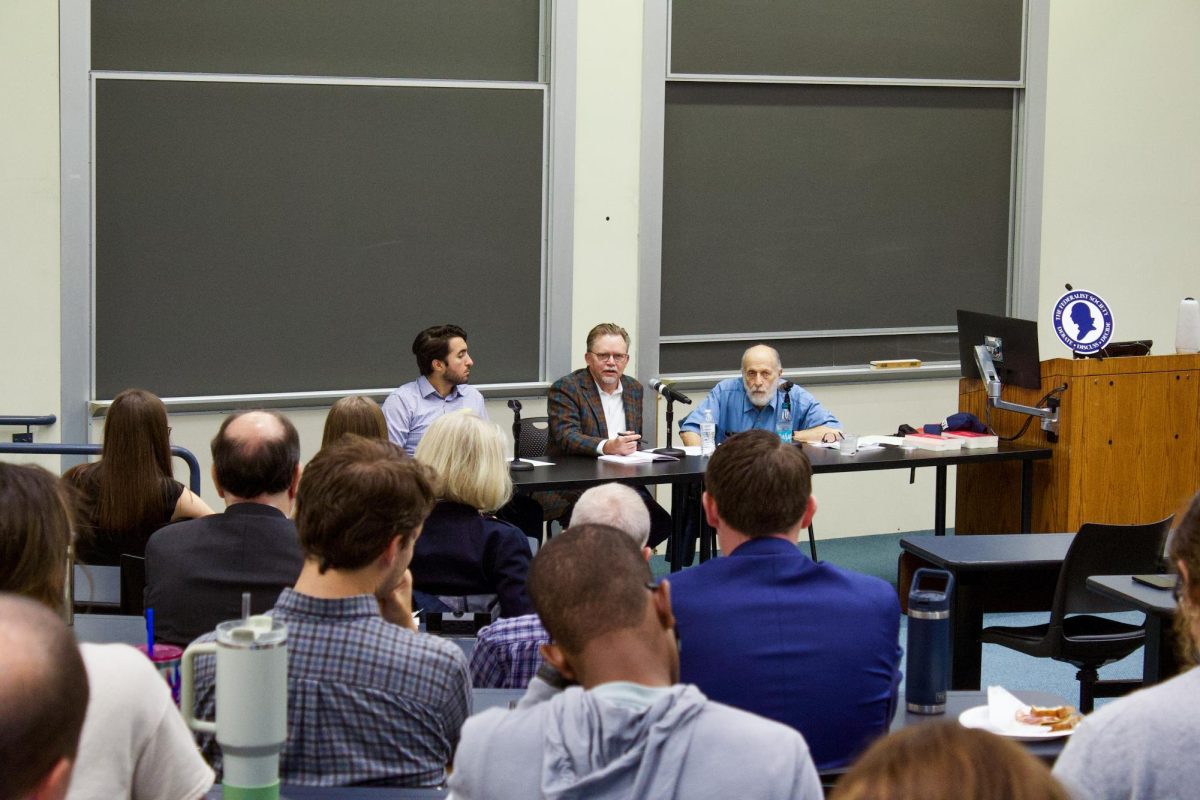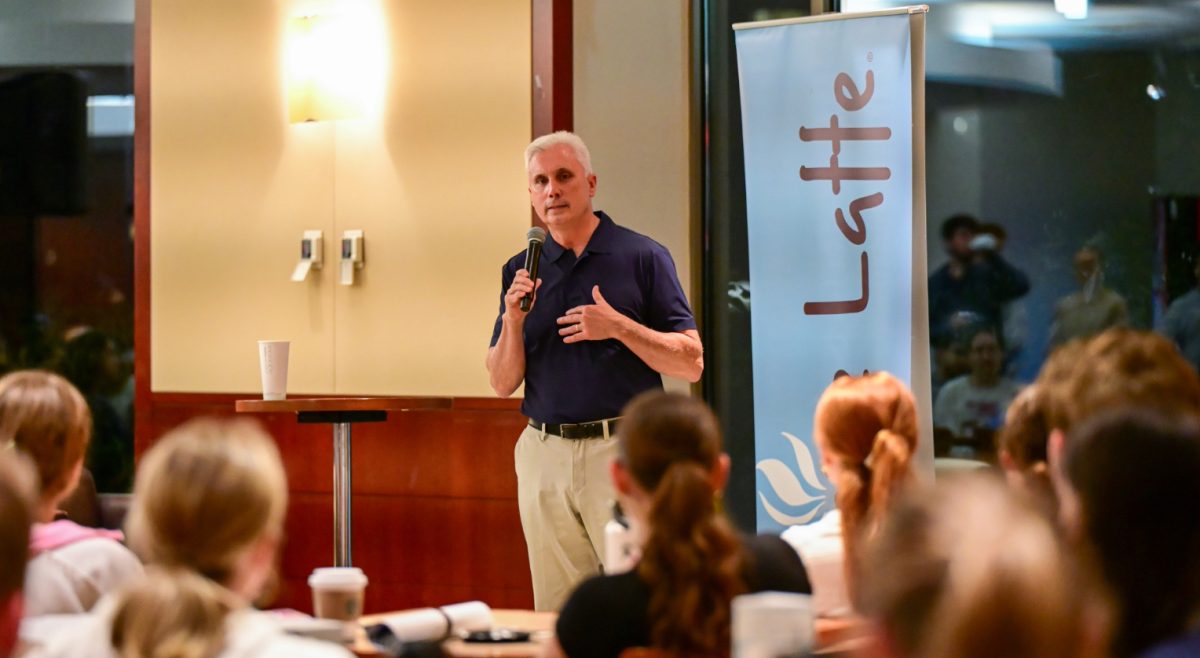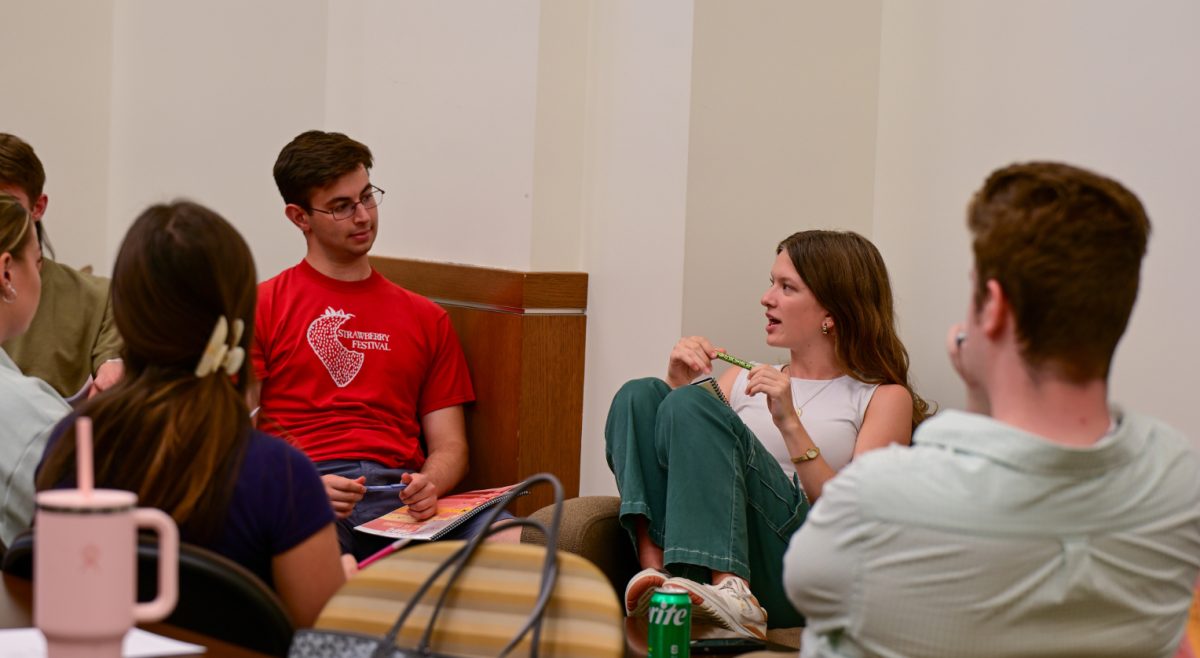Human interaction depends largely upon emotional exchange, facial recognition, and diversified expression. Therefore, gleaning an understanding of the innumerable forms of emotion is imperative to everyday communication—and to existence itself within the 21st-century world. James Russell, a professor within the psychology department at Boston College, specializes in human emotion and its development, the distinction between mood and emotion and their respective taxonomies, cultural influences on emotion, facial expression and recognition of emotion, and children’s comprehension of emotion.
Born in Santa Monica, Calif., Russell remained in the Los Angeles area throughout all of his childhood and early adulthood for his academic endeavors. Russell attended the University of California, Los Angeles (UCLA) for his undergraduate, graduate, and doctoral education, obtaining his bachelor’s degree, master’s degree, and doctorate in psychology in 1970, 1971, and 1974, respectively.
“At first, I tried a couple different majors, but I ended up with psychology by default,” he said. “Psych has a little bit of everything—biology, anatomy, etc.—so it seemed the least restrictive to me. And, I was drawn to it because it deals inherently with important and interesting questions about how people gather knowledge.”
After earning his Ph.D., Russell served as a lecturer at UCLA for a year before moving to Vancouver in British Columbia, Canada to teach in the psychology department at the University of British Columbia (UBC). He instructed students at UBC for 26 years—briefly working as a visiting scholar at the University of California, Berkeley from 1981 to 1982 and as a visiting professor at the Autonoma University of Madrid in 1995—before departing in 2001 for BC, where he served as chair of the psychology department from 2003 to 2009.
While Russell’s original training at UCLA surrounded personality, he has gradually shifted his focus to emotion, and now, he examines personality as related to emotion. In his current lab work, Russell and his students are analyzing children and how they come to understand the emotions of others. For example, they research how it is that babies recognize and understand their parents’ emotional cues—or whether they do at all. Through pictures and videotapes, Russell and his team piece together developmental information based upon the responses triggered.
“We show children a picture or a video, and then we ask them, ‘How does this person feel?’ or ‘What will the person in the photo do next?’ to map out their understanding of emotion,” he said.
Although Russell and his students do not examine clinical populations—such as children who were abused—such groups might help in constructing what “normal” development is based on their abnormal experiences.
“The more we know about normal growth and development, the better off we are,” he said.
Much of the research requires traveling to places created for and populated by children—such as daycares, schools, and scientific or children’s museums—and actively conducting studies there. Often, the team will have a steady stream of kids interested in performing tasks for the study.
“We design it in a brief, enticing way, and students volunteer for my labs because it’s very fun,” Russell said. “They’re very endearing little creatures, children.”
According to Russell, the psychological theory that children have the innate ability to interpret emotion at a very young age. can be traced back to Charles Darwin.w After examining the results of his studies, however, Russell has found that the theory does not hold up well.
“We will often show children pictures—say, of an individual who bites into an apple to find a worm and then makes an expression of disgust—and ask them, ‘How does this person feel?’ to see if they can associate the facial cue with the emotion,” he said. “But kids don’t do very well. They can tell negative from positive emotion and know the vocabulary, but beyond that, they aren’t good at indicating the emotion itself.”
Here at BC, Russell teaches Personality Theories, a course that examines different theoretical approaches to the understanding of personality and character, Senior Thesis I, Graduate Independent Study, and Research Workshop in Social Psychology I. In the past, he also offered Moral Emotions and Theories of Human Emotion—two additional courses surrounding the development and significance of emotional expression.
“Each class in its own way is always fun to teach,” he said. Having instructed a scientific writing class for graduate students, he noted the relevance and usefulness of writing acumen. “Students don’t realize it, but writing is an important, essential part of the job,” Russell said. “Even if you’ve done groundbreaking research, unless you have the ability to publish it well, it’s not going to go anywhere.”
Regarding his experience at BC thus far, Russell noted the school’s continual improvement.
“The students are wonderful and getting better—the ones I have in lab are really wonderful,” he said. “And, it’s exciting to be in a department that’s improving rapidly. In the last dozen years, we’ve been able to hire really top-notch professors, and what’s more, really wonderful people.”
Featured Image by Emily Sadeghian / Heights Editor







